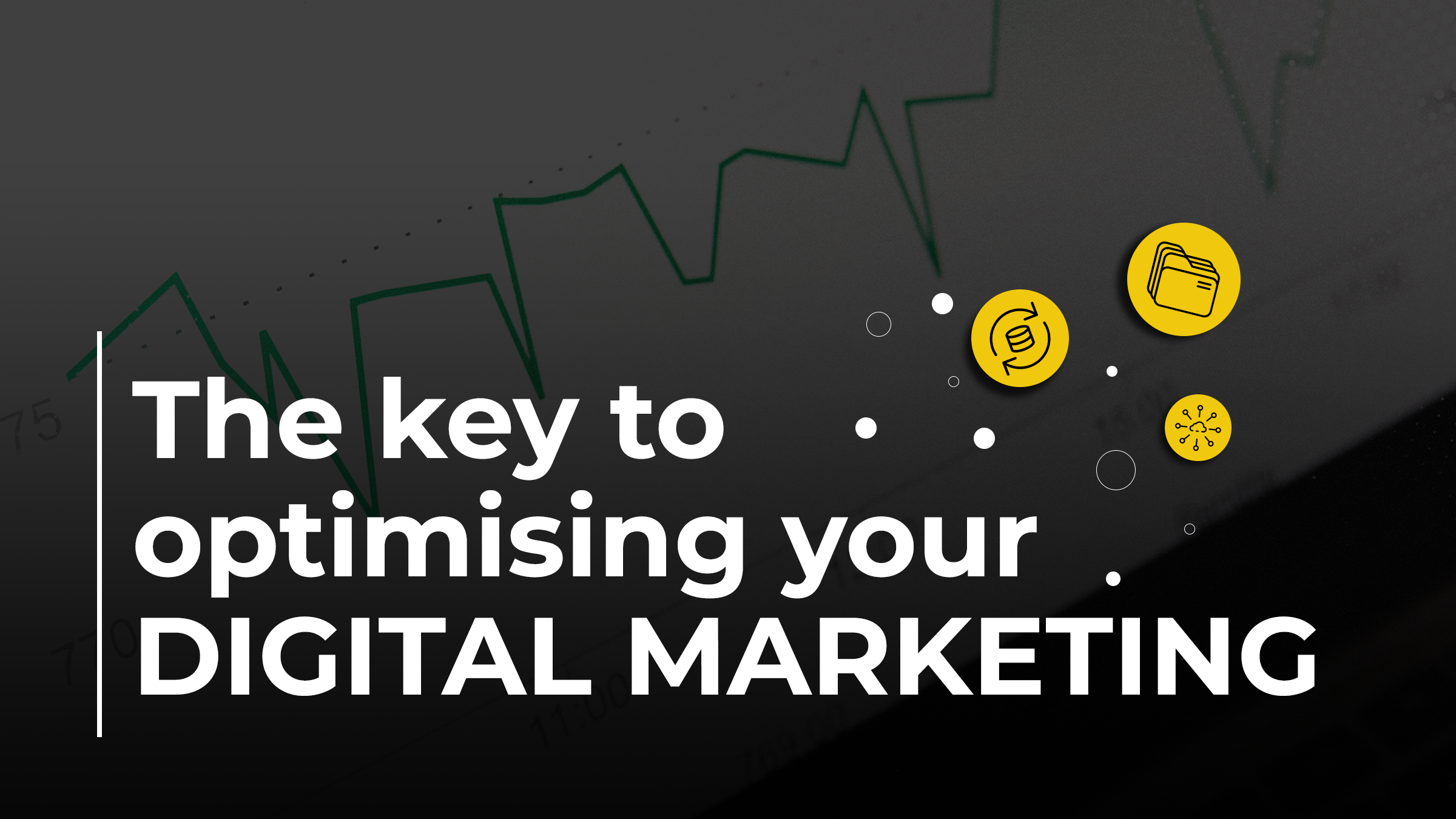The Ultimate Guide to Choosing the Right Agency Management Method

Effective agency management is essential for the success and growth of an organization. This includes expertly managing resources, processes, and teams to ensure project delivery on-time, within budget, and to the satisfaction of clients. The right agency management method, out of many different potential methods and approaches, is crucial. Follow this guide to decide on the best agency management method for your agency based on its specific needs and goals.
The Importance of Effective Agency Management
As an agency grows, its operations will become more complex. Agency management consists of a wide variety of activities, from project planning to resource allocation to communication to performance evaluation. When executed competently, it can drive productivity, increase client happiness, and fuel business success. When mishandled, it leads to deadlines missed, budgets overblown, and customers and prospects frustrated. The importance of picking the right method for managing an agency's operations cannot be understated.
Understanding Your Agency's Needs and Goals
Before selecting a management method for your agency, you need to discover its needs and goals. This means identifying pain points and places in the operations workflow that could improve, as well as what the day-to-day and bigger-picture needs are. What do you need to see happening in order for the agency to be successful in its operations? These things should be the foundation for how you approach selecting a management method.
Different Agency Management Methods
There are several different agency management methods available, each with its own strengths and weaknesses. Here are three commonly used methods:
Traditional Agency Management
Traditional agency management follows a hierarchical structure, with a clear chain of command and defined roles and responsibilities. This method typically involves a linear project management approach, where tasks are executed sequentially. While traditional agency management provides stability and structure, it may be less adaptable to change and may not foster innovation.
Agile Agency Management
Agile agency management, inspired by agile project management principles, promotes flexibility, collaboration, and iterative project delivery. This method encourages cross-functional teams, frequent communication, and responsiveness to change. Agile agency management is suitable for agencies working on complex projects or in rapidly changing industries. However, it may require additional coordination and communication efforts.
Hybrid Agency Management
Hybrid agency management combines elements of both traditional and agile methods. This approach involves tailoring project management practices based on project requirements, team dynamics, and client needs. Hybrid agency management allows for greater flexibility and adaptation while maintaining some level of structure and stability. This method is suitable for agencies seeking a balance between stability and agility.
Factors to Consider When Choosing a Method
To determine the most appropriate agency management method, you must consider various factors:
Agency Culture and Team Dynamics
The chosen management method should align with your agency's culture and values. Evaluate whether your team members are comfortable with a hierarchical structure or would thrive in a more collaborative and flexible environment. Consider their ability to adapt to different management methods and their preferences.
Client Needs and Expectations
Understanding your clients' requirements and preferences is crucial in determining the management method that best meets their expectations. Some clients may prefer a structured approach with clear deliverables and timelines, while others may appreciate a more iterative and collaborative method.
Project Complexity and Size
Assess the complexity and size of your projects. Complex and large-scale projects may benefit from an agile or hybrid approach, facilitating adaptability and frequent reassessment of project requirements. Smaller, less complex projects may be not as demanding and could be managed effectively using a traditional management method.
Resource Allocation and Capacity
Evaluate your agency's resources and capacity to support different management methods. Some methods may require more staff, training, or additional tools and software. It is essential to select a method that optimizes resource allocation and ensures an efficient workflow.
Flexibility and Adaptability
Consider the level of flexibility and adaptability your agency requires. If your industry or projects frequently undergo changes, an agile or hybrid method may be more suitable. Conversely, if your projects have well-defined deliverables and minimal changes, a traditional management method might be sufficient.
Steps to Implement the Chosen Method
Once you have selected the agency management method that best aligns with your needs and goals, it is essential to follow a systematic implementation process:
Planning and Preparation
Define your implementation goals and objectives clearly. Develop an implementation plan and timeline that outlines key milestones and tasks. Communicate the plan to your team members to ensure everyone is on the same page.
Training and Education
Provide necessary training on the chosen method to your team members. Ensure a clear understanding of the principles, practices, and tools involved. This training will help employees adjust and adapt to the new management approach effectively.
Communication and Change Management
Communicate the reasons for the method change to all stakeholders, including team members, clients, and other relevant parties. Address any concerns or resistance to change promptly. Implement effective change management strategies to facilitate a smooth transition.
Integration of Tools and Software
Identify and implement the necessary agency tools and software to support the chosen management method. Whether it is project management software, communication tools, or collaboration platforms, make sure they seamlessly integrate with your existing systems and processes.
Monitoring and Evaluation
Establish metrics and Key Performance Indicators (KPIs) to measure the effectiveness of the chosen management method. Regularly monitor progress and make adjustments as needed. Collect feedback from team members and clients to continuously improve and refine the method.
Challenges and Best Practices
Implementing a new agency management method may come with its own set of challenges. Here are some best practices to help overcome these obstacles:
Overcoming Resistance to Change
Change can often be met with resistance. To mitigate this, involve your team members in the decision-making process, addressing their concerns and providing clear communication about the benefits of the new method. Encourage open dialogue and create a supportive environment to promote acceptance and participation.
Managing Transition Period
During the transition period, ensure proper communication and coordination between teams to minimize disruptions. Clarify roles and responsibilities, and provide ongoing support to address any challenges or confusion that may arise. Celebrate small victories to boost morale and maintain enthusiasm throughout the transition.
Continuous Improvement and Adaptation
Remember that agency management is an ongoing process. Adapt the chosen method as necessary and continuously refine processes to meet changing demands. Encourage employees to share ideas for improvement and provide mechanisms for feedback. Regularly evaluate the effectiveness of the method and make adjustments as needed.
Use Agency Management Software
Consider implementing agency management software, as an additional step to bring efficiencies and optimizations to your processes. Agency management software by Function Point is designed to facilitate collaboration among team members, allowing everyone to stay on the same page in real-time; manage tasks and resources in a modern manner; and access reports when and where needed. Obviously, this technology can make your chosen method even more effective by centralizing information and automating routine tasks.
Conclusion
Choosing the right agency management method is crucial to the success and growth of your agency. By understanding your agency’s needs and goals, assessing various methods, and considering relevant factors, you can choose the most appropriate method for your particular requirements. Systematically and consistently implementing the chosen agency management method, overcoming the challenges involved, and continuously improving and adapting your processes will ensure that you are effectively managing your agency, and ultimately contributing to its success.
Related Posts
Join the movement.
Your Entourage journey starts here. Join Australia's largest community of over 500,000 business owners and entrepreneurs, and receive instant access to exclusive content and updates delivered straight to your inbox.




